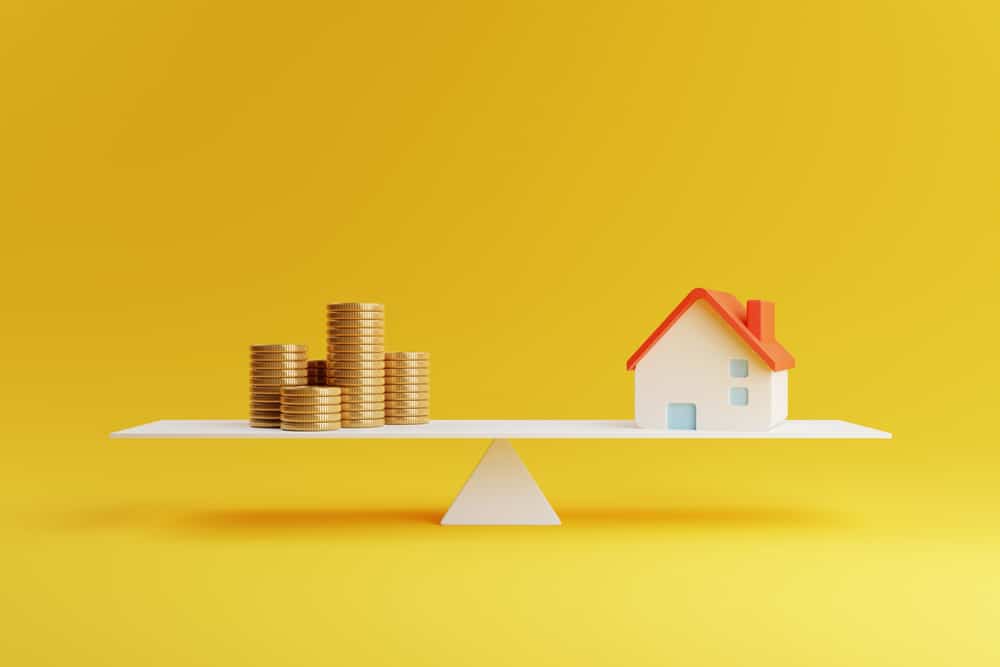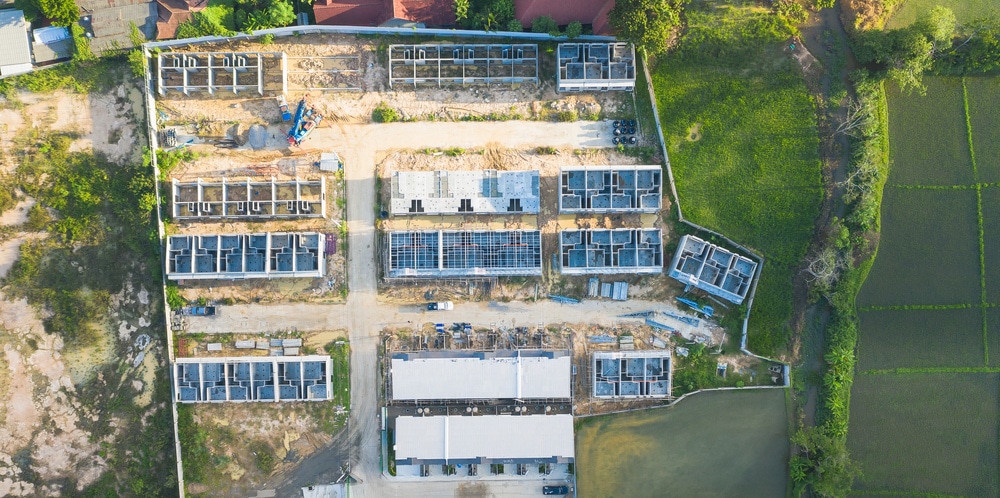
Property Cash Flow Basics For Creating Passive Income
Buying real estate is similar to running a business – good performance is derived from your ability to generate cash flow.
For a property investor, this means eventually living off the passive income that your real estate generates. Therefore, it is especially important that you map out your ability to build a portfolio that will deliberately achieve this level of success from the get-go. Because let’s be honest, we’re not going to be able to rely on a pension in later years to give us the basic security we want or need.
The good news is, we don’t have to take huge risks to get a sensible return; after all, you can get home loans well below three per cent and easily find a six per cent return. What this means is your real estate ownership is completely covered by the tenant’s rent without you having to dip into your own pockets.
CASH FLOW BASICS
Let us start with some cash flow basics.
There are three parts to the cash flow riddle: your wage, the taxman, and your tenant. If your tenant can pay the rent and it covers your mortgage, you are doing well.
Your own cash flow is freed up, so you are not constantly forking out to hold your property. The longer you own real estate the more likely this is to occur.
Having a combination strategy that includes both cash flow and capital growth will provide you with serviceability and equity as a borrower, and will allow you to continue to move forward, so focusing only on yield is a flawed approach.
Equity and servicing allow you to buy more properties, borrow more money and keep building your wealth.
POSITIVE AND NEGATIVE
Often investors hear the terms ‘positively geared’ or ‘positive cash flow’ but are not sure exactly what they mean.
The easiest way to understand these terms is that positively geared properties occur when the rental return and tax breaks cover your loan repayments and outgoings, leaving your wage or income unaffected.
Positive cash flow properties are self-funding, and you do not need your tax deductions or your wage as the rent pays for everything.
Conversely, negatively geared properties occur when the rental return and tax deductions are less than your loan repayments and outgoings, placing you in an income loss position on the property.
There is, however, the underlying expectation that the accumulated losses will be more than offset by the capital growth on the property. In this circumstance, the rental return is not considered as important in the decision process, and you should also have a wage that you are happy to access to help cover the mortgage.
Many people today find the right negatively geared property and ownership may only cost $50 per week.
The key benefit associated with negative gearing is that the loss attributed with ownership of the property can be offset against other income earned, reducing your assessable tax income, thereby reducing your tax payable.
The result is that the cost of owning the property is being funded by your tenant (in the form of rent), the Tax Office (in the form of tax savings) and your surplus cash flow.
Ultimately, most investors will aim to be positively geared in the long run. As your rents increase and debt on your property drops, you can even begin to replace your wage with rental income.
FIND THE BEST RENTS
I recently had two clients buy a property on the same street. My first client paid about $600,000 and bought a high-pedigree piece of real estate and received $700 per week in rent, which is a pleasing return.
My other client decided to pay less and bought an inferior property with inferior inclusions for $550,000, believing they were getting better value given the $50,000 price difference but not realising the fixtures, fittings and design matters in real estate to renters.
My second client is now only getting $450 per week. The difference in rent is huge. Yes, they were comparable properties in terms of price range, but one was superior and true value for money, while the other fell into the cheap category and is now in a race to the bottom.
The superior rent allows that client to pay off debt faster and fast track their wealth creation.
ESTABLISH YOUR CASH FLOW PLAN TODAY
Moral of the story? Cash-flow is king when it comes to being a successful property investor. Learn how to build a strong and profitable property portfolio by mapping out a clear cash-flow pathway at our free property investing seminar.
Our expert coaches will explain all the components required to create a strategic and robust property plan so you can move forward fast.
Register now for the free property investor webinar
By Sam Saggers
Recent Articles
The Property Investment Basics That You Need To Know
Real estate has the potential to become your main vehicle for creating wealth, but only if you take the time to learn some crucial property investment basics to set you up for success as an investor.
Retirement Planning Tips For Property Investors
It’s the Australian dream – the clock ticks 65 (or earlier) and off you sail into the sunset of retirement to live out the rest of your years stress-free. Sadly, for some, this will remain nothing more than a dream with the drastic cost of living rising and no plan to cover the shortfall.
10 Ways To Save For A House Deposit [For Investors Or First Timers]
Saving for a house deposit to get onto the property investment ladder is tough. Especially with the cost of living drastically going up. After bills, rent/mortgage, groceries, petrol, insurance… there isn’t a whole lot left for saving. But that doesn’t mean it’s impossible! By adopting these 10 ways to save for a house deposit you’ll be ten steps closer to building out your portfolio and creating future wealth.
Learn Property Investment In 2022 – Where To Start!
With a commitment to learn property investment and all its ins and outs you’ll be able to grow a booming property portfolio, enjoy passive income streams and eventually create financial security for retirement. Here’s a list of how you can get started…
5 Questions To Ask Before Investing In A House
Some may stumble across a business opportunity, or perhaps investing in shares, but our go-to vehicle is real estate. Real estate is a long game that has the potential to provide generational legacy wealth, if done correctly. To set yourself apart from the 99% of investors who fail, you need to ask these 5 questions before investing in a house.
How To Protect Your Real Estate Assets For Long-Lasting Wealth
Protecting your real estate assets is perhaps more important than building them. Obviously we always hope for the best, but there are many things that can go wrong and when they do, you and your assets are at risk. Incorporating prevention measures into your investment strategy could be the difference between you continuing to build out your wealth or losing everything you own.
How Investors Can Use Equity Lock To Grow Their Portfolio
How to make money from subdividing land largely depends on how you choose to do it. One thing for sure though is that when done right, it can catapult your portfolio significantly in a very short time!
How To Make Money From Subdividing Land?
As an investor, there are many different strategies that you can employ to generate wealth, and a strategy that is great for instant equity gains is subdivision. But, while it sounds like an exciting project to take on, how do you actually make money from subdividing land?
The Money Management Skills You Need For Real Estate In 2022
Real estate is the perfect asset structure for wealth building, but it has to be done right – and that means having solid money management skills to back you as you make these major financial decisions. Some of these skills may seem obvious – like having a budget – but you’d be surprised how many young investors didn’t get to build this foundation of knowledge through their school or home life.






![10 Ways To Save For A House Deposit [For Investors Or First Timers]](https://positiverealestate.com.au/wp-content/uploads/2022/09/saving-for-a-deposit.jpeg)





